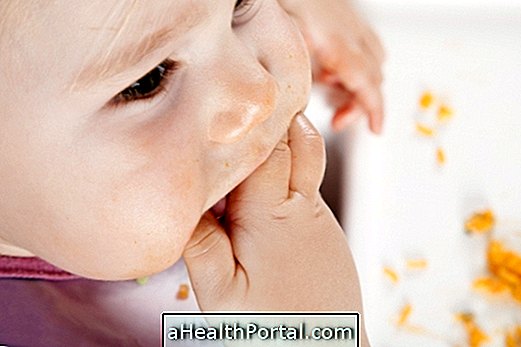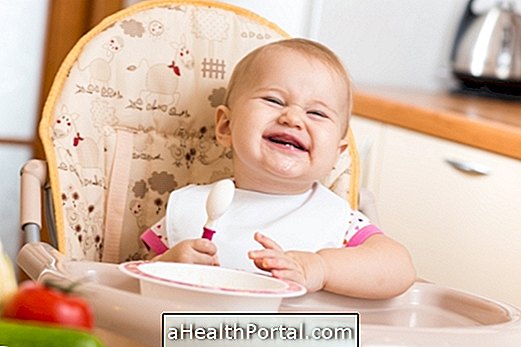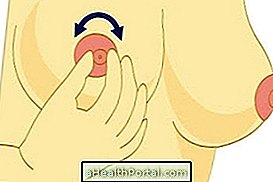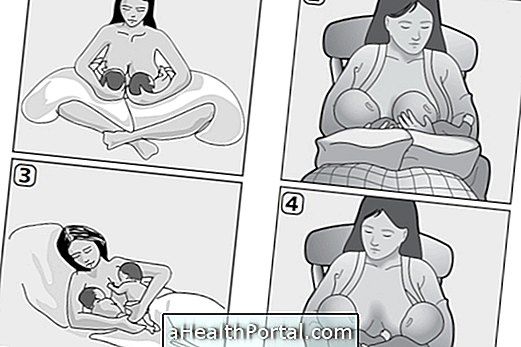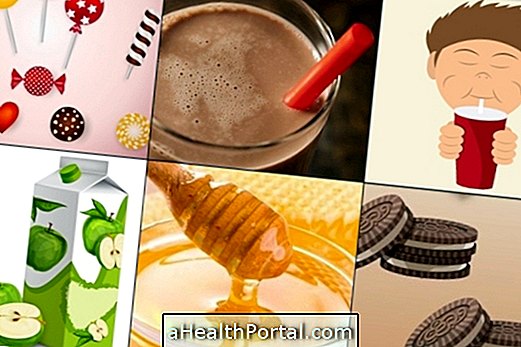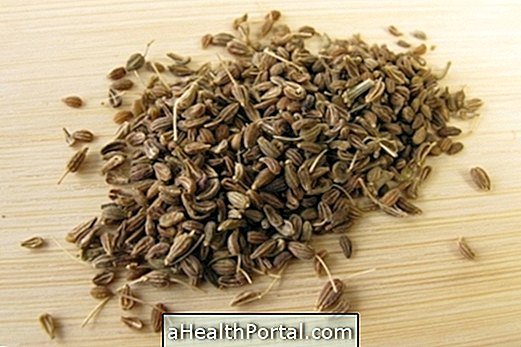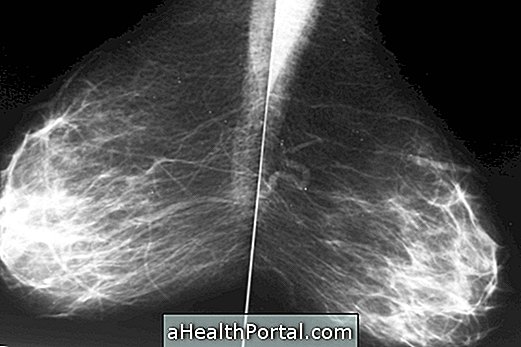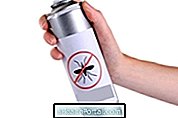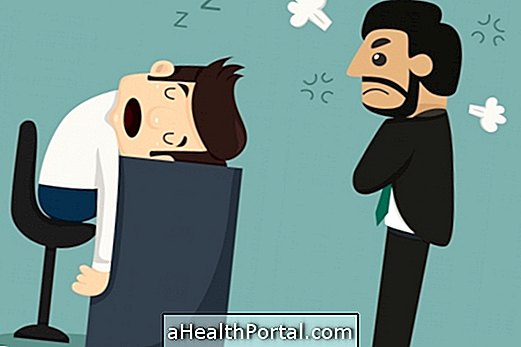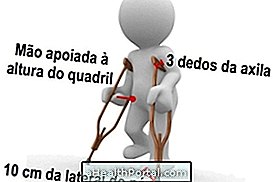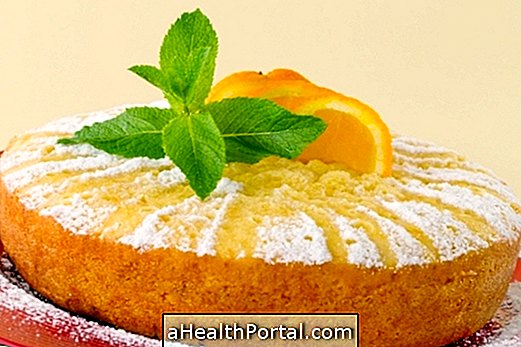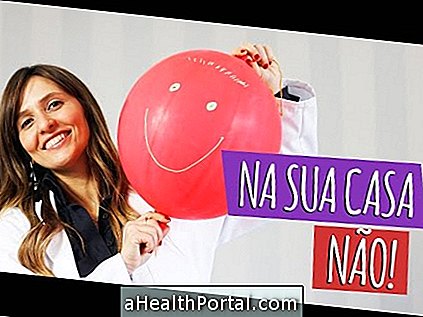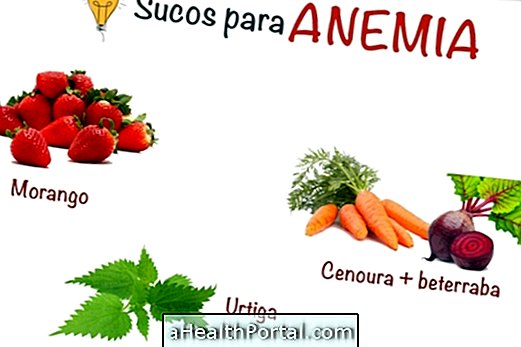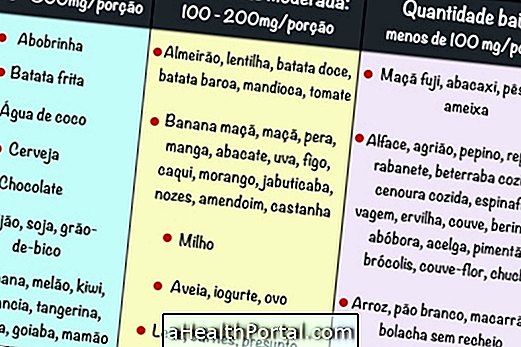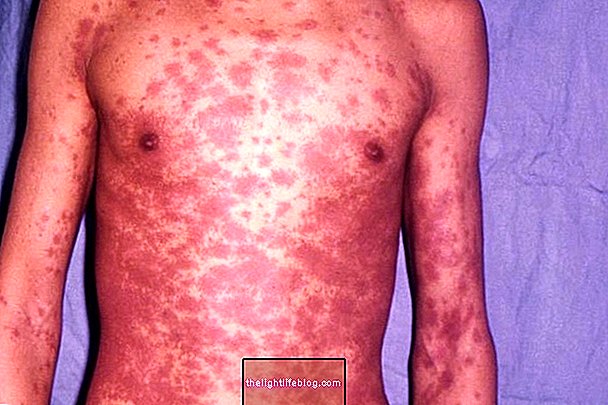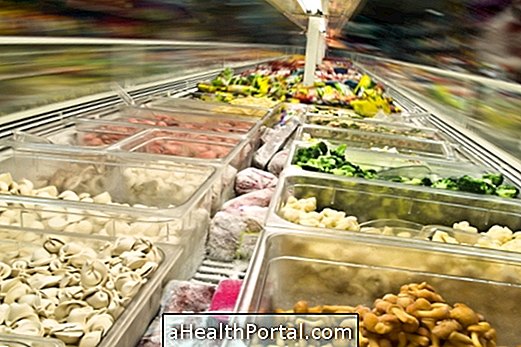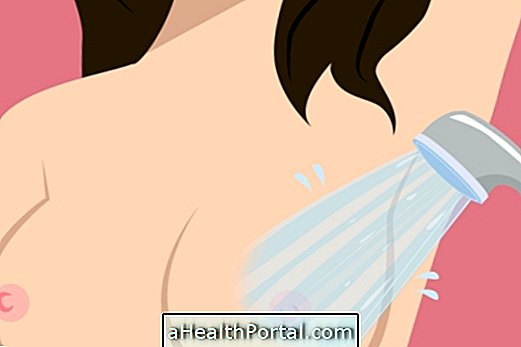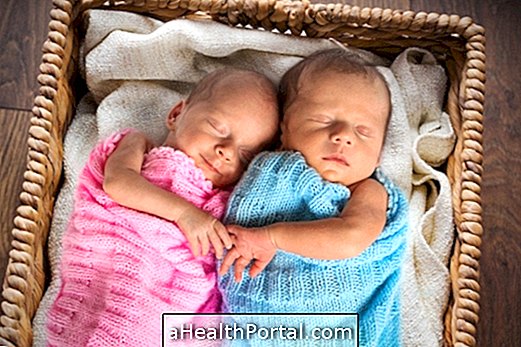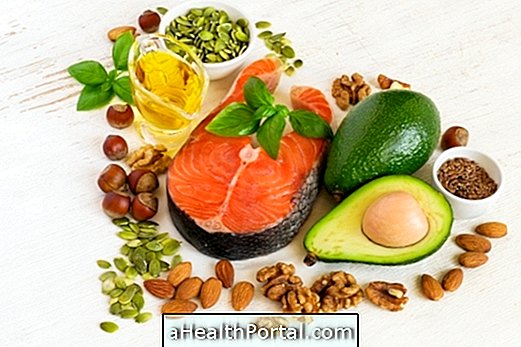During breastfeeding, a woman should avoid consuming foods such as alcoholic drinks and too much coffee because alcohol and caffeine can pass into breast milk and harm the baby's health.
In addition, it is necessary to observe if the baby feels colic or cries more after the mother consume some foods like milk and derivatives, peanuts and shrimp, because the intestine of the baby is still in formation and can react with allergic crises or difficulty in digestion.
Foods that should be avoided
Foods that should be avoided during breastfeeding are:

Alcohol
The main food that should be withdrawn from the diet during breastfeeding are alcoholic beverages because alcohol reduces the absorption of nutrients in the mother's intestine and can pass into the milk, causing drowsiness and may affect the baby's nervous system.
Aspartame
Aspartame is an artificial sweetener that appears to be unsafe during pregnancy and breastfeeding. In addition to avoiding sweeteners containing aspartame, it is also necessary to avoid industrialized products that have this sweetener in its composition, and it is necessary to check the list of ingredients of the product.
The best choice to replace sugar is to use the stevia sweetener as it is totally natural and allowed for all stages of life. Learn how to choose the best sweetener.
Foods for consumption in moderation
The following foods should be eaten moderately during breastfeeding:

Caffeine
Foods rich in caffeine such as coffee, cola, energy drinks, green tea, mate tea and black tea should be consumed in small amounts because caffeine can make the baby more irritable and having trouble sleeping. The recommendation is to take at most two cups of coffee per day. Also see which teas you can not take in breastfeeding.
Foods that cause gas
Foods like beans, broccoli, cauliflower, cabbage, egg, garlic, onion, pepper and sweet potatoes should also be eaten in moderation because they can cause gas in the baby, increasing their cramps and making their food difficult.
Foods That Cause Allergy

Some foods tend to cause more allergy and can cause symptoms in the baby like redness in the skin, itching, eczema, constipation or diarrhea. If they are connected to food, you should watch what has been consumed 6 to 8 hours before the baby is fed, being especially aware of foods such as milk and dairy products, soy, wheat flour, eggs, peanuts, nuts, corn and corn syrup, the latter being found mainly in industrialized products.
See more tips in: Mother feeding during breastfeeding.
